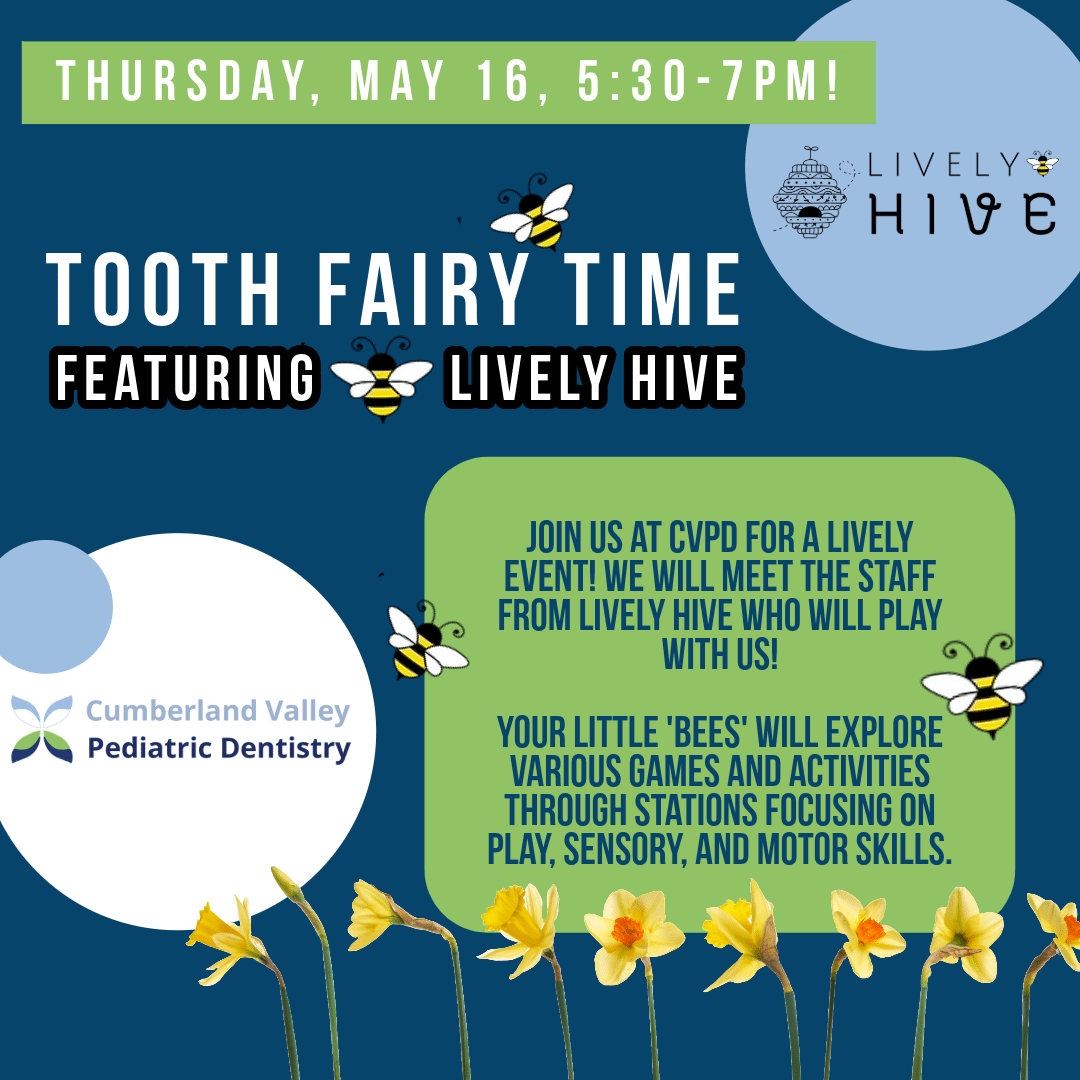A frenectomy is a medical or dental procedure that may be recommended by a physician or pediatric dentist to treat lip-ties or tongue-ties.
This is a minor surgical procedure that releases the frenum or fold of tissue that connects the lips and gums in the mouth and the tongue to the floor of the mouth.
A frenectomy may benefit a child with a tongue-tie or lip-tie when signs or symptoms of a restriction are present allowing for potential improvement in breastfeeding or bottle-feeding in infants, speech in older children, as well as many more health outcomes.
How long does the procedure take?
At Valley Pediatric Dentistry, Dr. Lee & Dr. Irada perform frenectomies using the LightScalpel CO2 laser which allows the procedure to be completed in a few minutes.
In most cases, children heal quickly after a frenectomy.
However, depending on a child’s age and appearance of the lip-tie or tongue-tie, it can take 3 to 4 weeks for the surgery site to heal completely.
During this time, it is important to keep the surgery site clean as well as complete the recommended post-procedure exercises.

Follow-up care:
A follow-up visit will be scheduled after the completion of the procedure to ensure proper healing.
It is recommended to continue care with additional medical providers that are involved in your child’s treatment as a frenectomy procedure is just “one piece of the puzzle.”
Coordinating care in order to treat patients comprehensively is our goal for all of our patients.
For infants, this may include care with lactation consultants, feeding therapists, pediatric chiropractors, and/or pediatric craniosacral therapists.
For older children, this may include care with speech-language pathologists, orofacial myofunctional therapists, ENTs, or orthodontists.
Signs Your Child Might Have Lip-Tie or Tongue-Tie
Watch for these symptoms in your baby:
- Difficulty latching while nursing or bottle-feeding
- Breastfeeding for long periods
- Milk dribbling out of the mouth
- Poor weight gain
- Clicking or smacking sounds during feeding
- Inability to hold a pacifier
- Reflux symptoms
- Frequent spit-ups
- Heart-shaped tip of the tongue
As your baby grows into a young child, they may show different symptoms including:
- Speech delay
- Frustration with communication
- Choking or gagging on food
- Picky with textures
- Difficulty transitioning to solids
- Snoring while sleeping
- Waking up tired and not refreshed
- Grinding teeth while sleeping
- Headaches or migraines
- Strong gag reflex
- Mouth breathing during the day
- Inability to move the tongue in full range of motion
The earlier these symptoms are evaluated, the sooner you can get your child the treatment they may need. With proper care and follow-up visits, the goal is for your child to thrive and have improved overall health.
Curious if your child has a lip-tie or tongue-tie & if they would benefit from this procedure? Contact our friends at Valley Advanced Tongue Tie Center to schedule a consultation today!
- March 22, 2023
- Children's Dentistry


